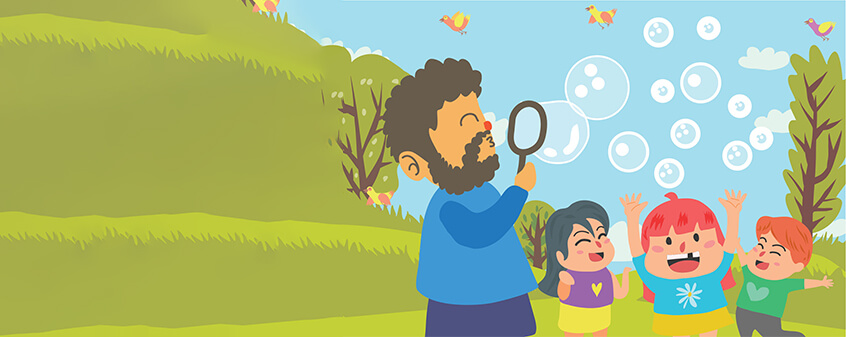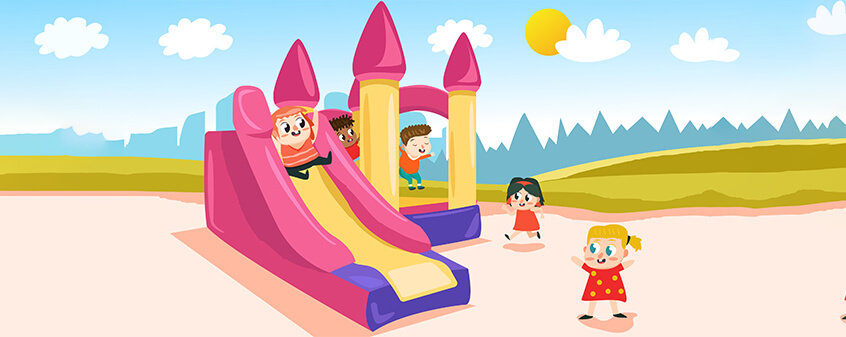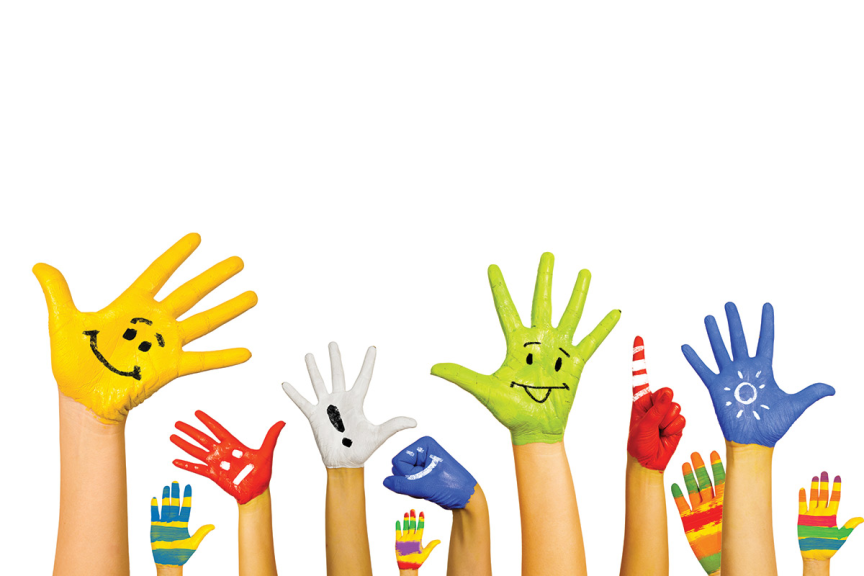PARENTING BOOKS
A parenting practice is a specific behavior that a parent makes use of while raising a toddler. For instance, a common parental practice supposed to promote educational success is reading books to their child. Storytelling is a vital parenting practice needed for kids in many indigenous American groups.
The Best Parenting Books to Raise Grounded, Successful Kids
The Successful Child: What Parents Can Do to Help Kids Turn Out Well, by William and Martha Sears
A few years into parenthood, I had read a few books, learnt a lesson or two but had yet to find a philosophy that resonated with me – until I came across “The Successful Child.”
While selecting this book, I had no idea that it was written by the founding father of “Attachment Parenting” – a philosophy that I assumed was being used by back-to-the-earth hippies who had their infants tied to them all day long and indulged in their child’s every need.
The principle goal of Dr. Sear’s philosophy is to help kids feel a sense of security – with their parents, instructors, and other people. This security is gained through empathy and responsiveness and is considered acceptable within reasonable limits.
The ideas I gained from this e-book have stayed with me to date. I’m no longer an absolute advocate for attachment parenting, however, “The Successful Child” helped me better comprehend how I can connect with my kids.
Raising Grateful Kids in an Entitled World:
Raising kids is hard. Raising kids who are thankful and show few signs of entitlement can appear downright impossible at times.
Inside the eBook, “Elevating Thankful Children in an Entitled World”, Kristen Welch takes the reader on a journey of her family’s venture to raise youngsters who are grounded, grateful, and show fewer signs of entitlement.
Their story is inspiring – for example, when their son repeatedly shows his gratitude for a loved present. However, most of the time, Welch’s tale highlights how difficult it is to give in to our child’s each and every demand, and how difficult it was to not allow their children to have smartphones till high school, even though most kids were receiving getting them in Middle School.
Welch’s message may be very an awfully rooted in her Christianity, however people of all faiths will definitely gain perspective and an understanding of a way to raise thankful children.
Mind in the Making
Here's an e-book that requires a highlighter and a notepad – it is genuinely exquisite. The essential skills, according to Gilinsky, are:
- Awareness and self-control
- Perspective
- Communication
- Making connections
5. Crucial questioning,
6. Taking up demanding situations,
7. Self-directed, engaged mastering. a have to-study.
Nurture Shock: New Thinking About Children by Po Bronson and AshleyMerryman
This e-book will change your entire perspective. The authors use the modern techniques and apply them to parenting areas like motivation, reward, sibling relationships, sleep, etc.
Smart Parenting for Smart Kids: Nurturing Your Child’s True Potential by Eileen Kennedy Moore, PhD Mark S Lowenthal, PsyD
This book is quite beneficial! It talks about tempering perfectionism and requests parents to refrain from giving too many opinions to their children. I cherished the chapters on temperament, sensitivity, cooperation, joy, and . . . well, it is all desirable.
Playful Learning: Develop Your Child’s Sense of Joy and Wonder by Mariah Bruehl
Bruehl is a former trainer who makes playful learning accessible to parents and kids at home. I loved this e-book and highlighted almost half the pages.
Parents, before you put your child into preschool, study this book. The research distinctly shows how play is essential for your child’s improvement in math, reading, verbal communication, science, self-awareness and social skills.
Giving kids the responsibility to frame happy, fine home surroundings is like sending a fox to guard the hen house. Reactive responding is a learned behavior, but parents can research a better way. We cannot expect our homes to be exceptional if we are ugly, out of control, and reactive. We have to also get one thing clean without delay. Creating a happy mood inside the household is our duty as a parent. By first controlling our personal behaviors, then using correctly applied, select abilities, we can have a first-rate impact on improving the quality of life at home.








